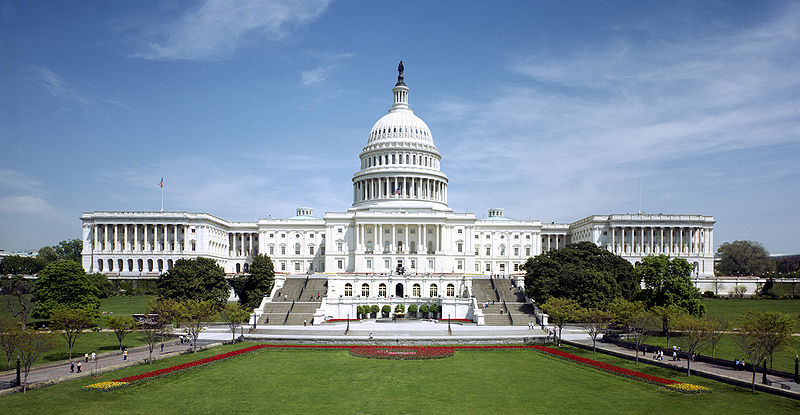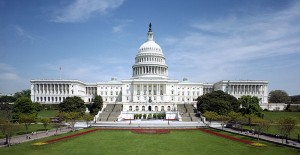U.S. House to explore solutions to P.R.’s debt crisis


The Subcommittee on Indian, Insular and Alaska Native Affairs of the U.S. House Natural Resources Committee will review the imposition of a fiscal control board on Puerto Rico.
The U.S. House Subcommittee on Indian, Insular and Alaska Native Affairs Committee will hold an oversight hearing on Feb. 2 to provide commentary on a possible solution to the Puerto Rican debt crisis, emphasizing on improved management policies and long-term sustainability.
On the list of witnesses to offer their testimony on the hearing’s topic of “The need for the establishment of a Puerto Rico financial stability and economic growth authority” are: Anthony A. Williams, Former Mayor of Washington, D.C., which operated under a fiscal oversight board; James Spiotto, managing director of Chicago-based Chapman Strategic Advisors LLC; Carlos García, former president of the Puerto Rico Government Development Bank; Simon Johnson, professor of global economics and management at MIT Sloan School of Management; and, Thomas Moers-Mayer, partner at New York-based Kramer Levin Naftalis & Frankel, LLP.
Witnesses will testify at this hearing about the serious immediate challenges facing Puerto Rico and explore possible short-term and long-term solutions, according to the memo the committee chaired by Republican Rep. Don Young.
“The Puerto Rico legislature has had the opportunity to enact a number of financial and structural reforms that would assist in alleviating the growing debt crisis. However, as demonstrated by the legislature’s failure to pass a deal that would restructure Puerto Rico’s public utility’s debt, such legislative action is in serious doubt,” the committee said in a lengthy pre-hearing memo released last week.
Puerto Rico is burdening the weight of some $73 billion in debt, excluding pension obligations, which exceed $40 billion. The debt is expected to grow by another $27 billion in the next five years, according to data provided by the Working Group for the Fiscal and Economic Recovery of Puerto Rico in an updated Fiscal and Economic Growth Plan released in mid-January.
For months, observers on and off the island have called for federal intervention to help Puerto Rico deal with its fiscal problems.
However, in the memo, the committee said if any such involvement were to occur, Puerto Rico would have to provide a “comprehensive plan to mitigate the debt crisis and jumpstart growth. Specifically, it must address Puerto Rico’s creditworthiness, the lack of labor participation, and regulatory and infrastructure barriers that impede business development.”
“Given the depth of its financial crisis, Puerto Rico’s political will to remove barriers for business development on its own is questionable at best. Witnesses will testify at this hearing about the serious immediate challenges facing Puerto Rico and explore possible short-term and long-term solutions,” the committee memo stated.









